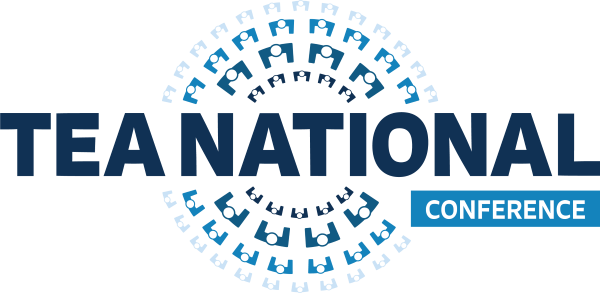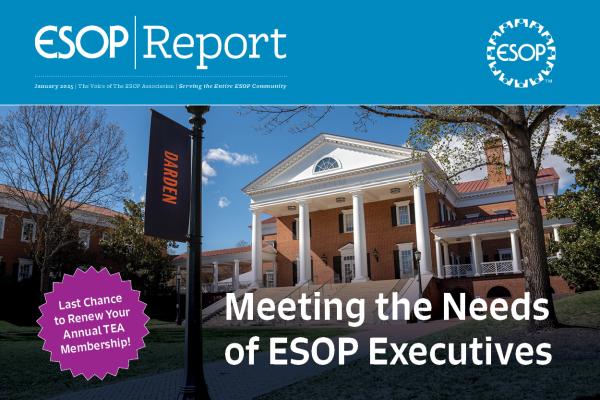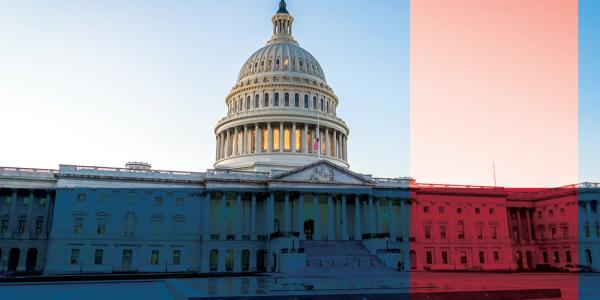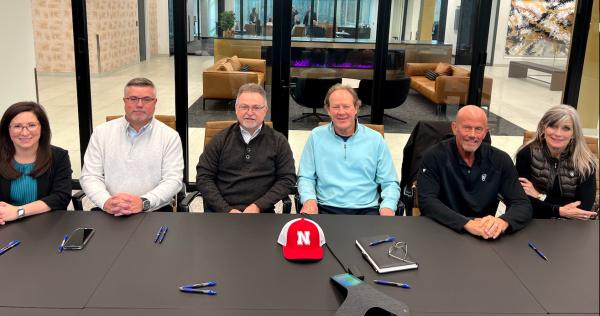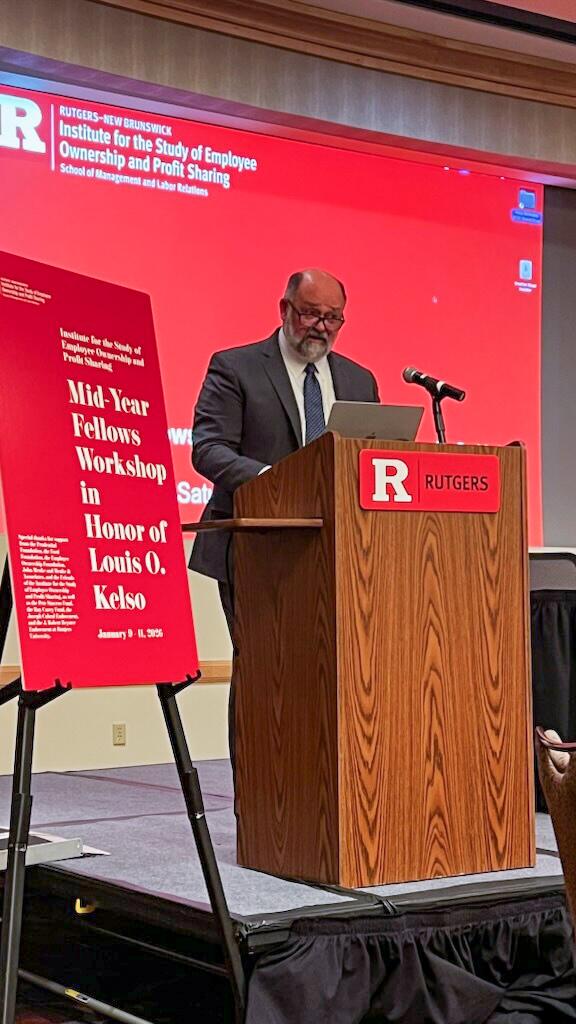Print this Policy Paper >>
Background
To ensure equitable representation of historically disadvantaged groups, Congress has provided for programs to support businesses owned by minorities, women, veterans, and other groups. Additionally, private certification organizations strive to meet the same goals as Congress by creating opportunities for these groups with some of the country’s largest corporations. These programs have proven successful in providing a level playing field for these groups when competing for certain government contracts or in the private sector. Unfortunately, the playing field is not the same when these groups look to sell their business.
The requirements for certification vary depending on the program. Still, for most certifications, at least 51% of the company’s stock must be owned by eligible members of the group that is given contract assistance. The eligible individuals must also control the company through its board of directors and executive management. As a result, businesses with preferential certification cannot sell more than 50% of their business to an employee stock ownership plan (“ESOP”) without losing their preferential status. This means the owner of a business with preferential certification who wants to plan for his or her succession must decide to sell to an ESOP and lose its preferential status or maintain its preferential status by selling to a third party who meets the preferential certification requirements. This conflicts with Congress’ dual intent both to support businesses owned by disadvantaged groups and to encourage the formation of ESOPs, which creates a broader distribution of wealth and allows for a company to continue rather than closing when its owner is ready to retire with no succession options. However, Congress can rectify this by adopting changes to contract assistance programs that continue to support business ownership by disadvantaged groups while encouraging the formation of ESOPs. In the private sector, private certification organizations can also re-evaluate their procedures to allow their members to transition their company to their employees through employee ownership when such employees are members of a group that is given a contracting preference.
Strategy
While legislators agree in concept that ESOPs whose participants belong to disadvantaged groups should continue to hold their contracting preferences, changes to this system are difficult to implement. First, certification is a complicated process for any company and business owner. For instance, certifying as “minority-owned” can be challenging and requires several actions, like providing the birth certificates of an owner or an owner’s parents or grandparents to confirm his or her ethnic background. Such a requirement would be overly burdensome for ESOP participants and cumbersome to manage for ESOP-owned companies. Instead, any change in legislation or procedures to allow ESOP-owned companies to certify on a look-through basis should incorporate reasonable solutions such as using the EEO-1 form submissions for participants to verify race and gender.
Likewise, the use of professional trustees could result in certification issues if an exception is not made. Based on current certification criteria, a professional ESOP trustee’s background and identity will likely factor into an ESOPowned company’s “control” assessment for certification because of the trustee’s role as the shareholder of record for the shares held by an ESOP. This could force ESOP-owned companies to be internally-trusteed even when there is a desire on the part of the board of directors to utilize an external, professional trustee. Given that, any procedures or policies regarding the certification of ESOP-owned companies should provide an exclusion for professional or institutional trustees when assessing control requirements.
Another challenge is the concern of constituencies represented by existing contracting preferences and their legislative allies that any broadening of contracting preferences could dilute the benefit. While The ESOP Association should not shy away from pursuing “look through” legislation that would allow majority ESOPs to be classified for Federal set-asides based on their underlying participant demographics, we also propose that TEA explore private sector contracting preferences. For private sector procurements, large corporations seek to purchase from suppliers certified to be minority, women, or veteran owned. TEA should work with the organizations that provide those certifications to allow ESOPs and demonstrate a process for reliably “looking through” the ESOP to certify them as beneficially owned by those groups. In addition to providing an obvious benefit for our member companies, this approach would build momentum and demonstrate to legislators and potentially concerned stakeholders how such certifications can work in the private sector, and, therefore, should work for federal contracting.
Action Items
- Promote legislation and regulations allowing federal contract assistance program eligibility for ESOP-owned companies that meet requirements on a look-through basis or otherwise. TEA should support federal legislation and regulations allowing ESOP-owned companies to be certified as women-owned small businesses, economically disadvantaged women-owned businesses, socially and economically disadvantaged-owned small businesses, veteran-owned and service-disabled veteran-owned small businesses, and small business concerns.
- Collaborate with private organizations that certify women-owned, minority-owned, and veteran-owned businesses to develop and/or promote procedures for certifying ESOP-owned companies that qualify for certification based on looking through to ESOP participants.
- TEA should work with private certification organizations and other stakeholders to develop procedures for certifying women-owned, minority-owned, veteran-owned, and disabled veteran-owned small businesses to create and promote national procedures for certifying ESOP-owned companies that qualify for certification on a look-through basis. Organizations to target:
- National Minority Supplier Development Council (NMSDC) : https://nmsdc.org/.
- National Veteran Business Development Council (NVBDC) : https://nvbdc.org/.
- National Veteran Owned Business Assn (NaVOBA) : https://www.navoba.org/.
- Work with Women’s Business Enterprise National Council (WBENC) to promote employee ownership among its certified businesses and its certification procedures for women-owned small businesses.
- TEA should work with private certification organizations and other stakeholders to develop procedures for certifying women-owned, minority-owned, veteran-owned, and disabled veteran-owned small businesses to create and promote national procedures for certifying ESOP-owned companies that qualify for certification on a look-through basis. Organizations to target:


